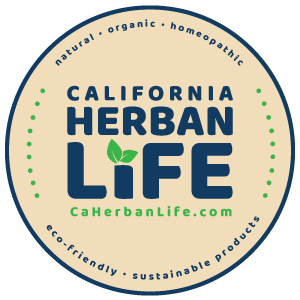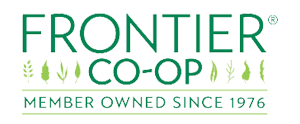THE 5 ESSENTIAL VITAMINS TO BOOST THE IMMUNE SYSTEM
As a new year begins think about you and how you plan to fight the hardest time of the year. Cold and Flu season brings on weakened immunity but these top 5 immune boost vitamins can boost the immune system naturally and we have your back in getting them this season.
1. Vitamin D
Vitamin D is a fat-soluble nutrient essential to the health and functioning of your immune system. Vitamin D enhances the pathogen-fighting effects of monocytes and macrophages — white blood cells that are important parts of your immune defense — and decreases inflammation, which helps promote immune response.
Many people are deficient in this important vitamin, which may negatively affect immune function. In fact, low vitamin D levels are associated with an increased risk of upper respiratory tract infections, including influenza and allergic asthma.
Depending on blood levels, anywhere between 1,000 and 4,000 IU of supplemental vitamin D per day is sufficient for most people, though those with more serious deficiencies often require much higher doses.
SUMMARY Vitamin D is essential for immune function. Healthy levels of this vitamin may help lower your risk of respiratory infections.
2. Zinc
Zinc is a mineral that’s commonly added to supplements and other healthcare products like lozenges that are meant to boost your immune system. This is because zinc is essential for immune system function. Zinc is needed for immune cell development and communication and plays an important role in inflammatory response. A deficiency in this nutrient significantly affects your immune system’s ability to function properly, resulting in an increased risk of infection and disease, including pneumonia.
Zinc deficiency affects around 2 billion people worldwide and is very common in older adults. In fact, up to 30% of older adults are considered deficient in this nutrient.
What’s more, supplementing with zinc may be beneficial for those who are already sick. Supplemental zinc may also help reduce the duration of the common cold. Taking zinc long term is typically safe for healthy adults, as long as the daily dose is under the set upper limit of 40 mg of elemental zinc.
Excessive doses may interfere with copper absorption, which could increase your infection risk.
SUMMARY Supplementing with zinc may help protect against respiratory tract infections and reduce the duration of these infections.
3. Vitamin C
Vitamin C is perhaps the most popular supplement taken to protect against infection due to its important role in immune health This vitamin supports the function of various immune cells and enhances their ability to protect against infection. It’s also necessary for cellular death, which helps keep your immune system healthy by clearing out old cells and replacing them with new ones. Vitamin C also functions as a powerful antioxidant, protecting against damage induced by oxidative stress, which occurs with the accumulation of reactive molecules known as free radicals. Oxidative stress can negatively affect immune health and is linked to numerous diseases.
Supplementing with vitamin C has been shown to reduce the duration and severity of upper respiratory tract infections, including the common cold. Additionally, high dose intravenous vitamin C treatment has been shown to significantly improve symptoms in people with severe infections, including sepsis and acute respiratory distress syndrome (ARDS) resulting from viral infections.
The upper limit for vitamin C is 2,000 mg. Supplemental daily doses typically range between 250 and 1,000 mg.
SUMMARY Vitamin C is vital for immune health. Supplementing with this nutrient may reduce the duration and severity of upper respiratory tract infections, including the common cold.
Black elderberry (Sambucus nigra), which has long been used to treat infections, is being researched for its effects on immune health. In test-tube studies, elderberry extract demonstrates potent antibacterial and antiviral potential against bacterial pathogens responsible for upper respiratory tract infections and strains of the influenza virus. What’s more, it has been shown to enhance immune system response and may help shorten the duration and severity of colds, as well as reduce symptoms related to viral infections. Elderberry supplements are most often sold in liquid or capsule form.
SUMMARY Taking elderberry supplements may reduce upper respiratory symptoms caused by viral infections and help alleviate flu symptoms. However, more research is needed.
5. Medicinal mushrooms
Medicinal mushrooms have been used since ancient times to prevent and treat infection and disease. Many types of medicinal mushrooms have been studied for their immune-boosting potential. Over 270 recognized species of medicinal mushrooms are known to have immune-enhancing properties. Cordyceps, lion’s mane, maitake, shitake, reishi, and turkey tail are all types that have been shown to benefit immune health. Turkey tail is another medicinal mushroom that has powerful effects on immune health. Research in humans indicates that turkey tail may enhance immune response, especially in people with certain types of cancer. Many other medicinal mushrooms have been studied for their beneficial effects on immune health as well. Medicinal mushroom products can be found in the form of tinctures, teas, and supplements.
SUMMARY Many types of medicinal mushrooms, including cordyceps and turkey tail, may offer immune-enhancing and antibacterial effects.




